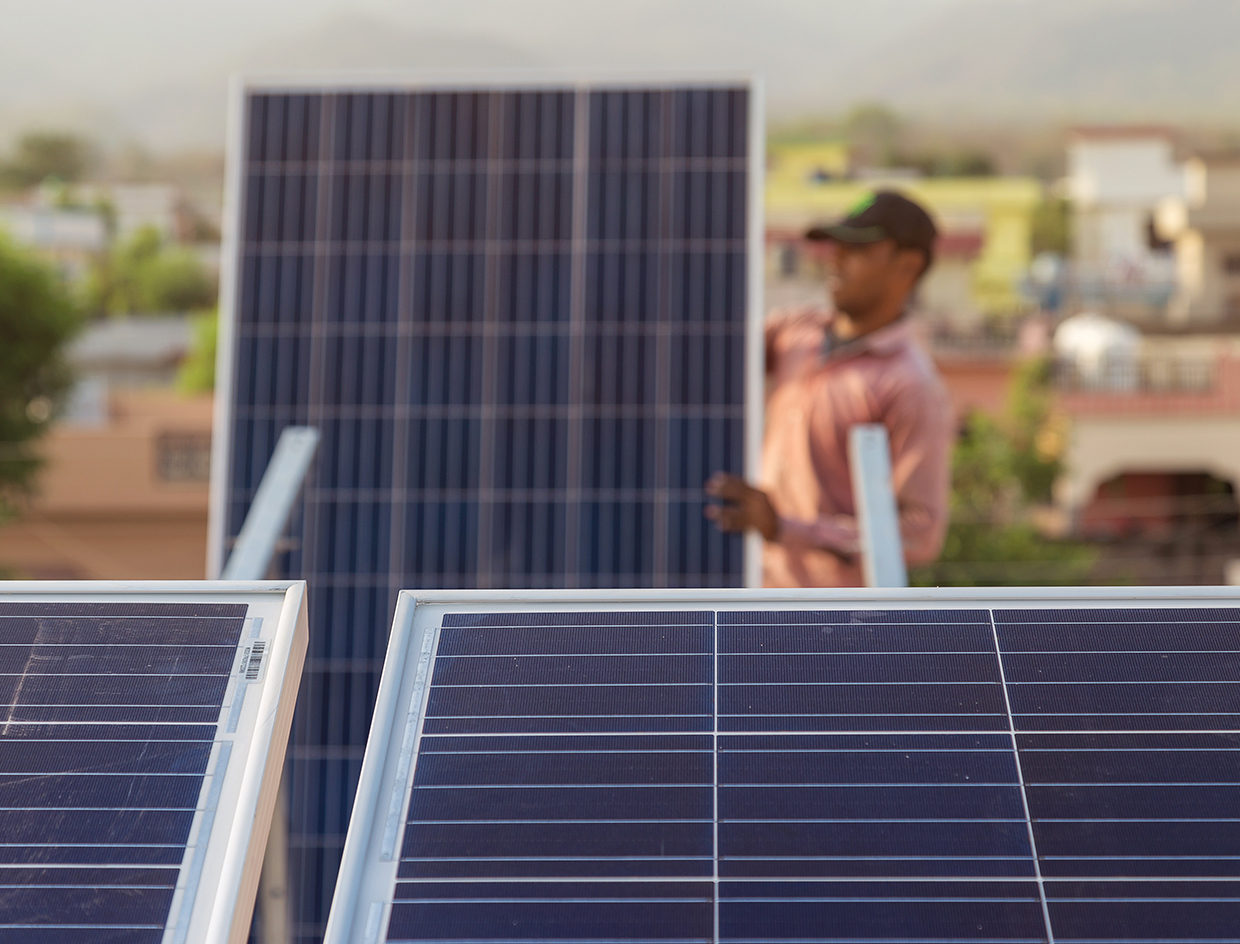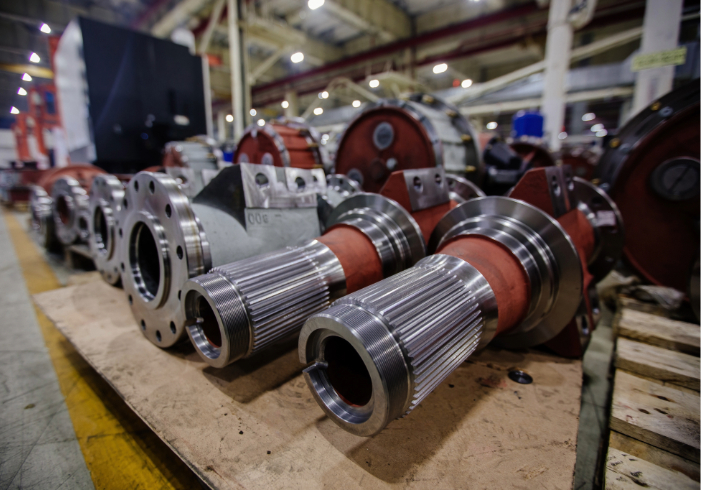Export credit agencies (ECAs) are increasingly channelling support for energy deals to high-income countries as they shift to renewables, a study has found, further shrinking poorer nations’ access to energy finance.
Wealthy nations have driven a sharp rise in export credit support for renewable energy technology in recent years, but a study published today in the journal Nature Communications finds most of the support has flowed to high-income regions such as Europe.
The study also finds that the withdrawal from ECAs in the OECD Arrangement on export credits from fossil fuel finance in developing countries has not been replaced by support for renewable power in these regions.
The report’s authors analysed TXF data on 921 energy deals between 2013 and 2023, in which ECAs from 31 countries – both OECD and non-OECD – were guarantors or direct lenders.
During that period, less than 10% of ECA energy support went to low-income countries, and only around 1% of that was for green power.
The study finds that since the 2021 deal to end public finance for fossil fuels, and the formation of the Export Finance for Future (E3F) coalition in the same year, European ECAs have emerged as leading sources of export credit guarantees and direct lending for renewable energy technology.
But most of their support is staying close to home. For example, the study finds that in the decade to 2023 almost three-quarters of renewables financing from Denmark – a leading ECA backer of the sector – went to projects in Europe.
Recent ECA-supported green energy deals in developed countries include wind farms in the Baltic countries, and Taiwan, and a monopile factory in the UK.
“Current trends of ‘greening’ ECA portfolios are accompanied [by] a marked shift toward high-income countries,” the paper notes. “This is particularly concerning for the clean energy financing needs of emerging and lower-income countries, e.g. on the African continent.”
It notes that the gap can partly be explained by ECA mandates, which are aimed at helping domestic exporters secure profitable contracts rather than development goals, a contrast to development finance bodies, which are tasked with improving livelihoods in poor countries.
Speaking to GTR, the study’s authors say the trend is driven by higher financing costs and a lack of government support for renewables in low-income countries, as well as electricity grids that are less equipped to deal with the changeable power supply generated by renewables.
The study suggests ECA mandates could be changed to “explicitly [support] the energy transition in lower-income countries”.
“Countries can also try to offset this trend by increasing the amount of climate finance they provide to developing countries through development banks and similar institutions,” say the authors, from universities HEC Paris, HEC Lausanne and ETH Zurich.
“If the conditions for such climate finance are sufficiently generous, this also improves the unfavourable financing conditions that hinder renewable energy deployment more generally in lower-income countries.”
One outlier is Angola, which has secured big-ticket ECA deals in the renewable sector. Countries such as Bolivia and the Democratic Republic of the Congo have also garnered modest volumes of ECA financing for green energy projects, according to data included in the journal article.
Volumes for fossil fuel deals were higher but that was largely due to the US$14.9bn that ECAs – including several in Europe – committed to a giant LNG facility in Mozambique, signed before agreements to curb fossil fuel finance, in 2020.
The Mozambique project is currently on hold due to unrest near the site, but developer TotalEnergies says it plans to restart development. In December, a group of NGOs wrote an open letter to ECAs and commercial lenders, calling on them to support an independent investigation into allegations, first reported by Politico, that local forces operating from the site massacred at least 97 civilians in 2021.
China leads fossil fuel return
More broadly, the study finds that while ECA support for fossil fuels has fluctuated, commitments to renewables have shown steady growth.
The trend was highlighted during the Covid-19 pandemic, which coincided with a slide in ECA backing for fossil fuels while renewables continued to secure guarantees and direct lending, reaching US$9.9bn and US$4.4bn, respectively, in 2023.
Outside of Europe, the study says Japan “shows a clear tendency of portfolio ‘greening’” since 2021, although the country’s total energy commitments slumped during the Covid-19 pandemic.
Non-OECD countries, led by China, “exhibit a return to fossil fuel deals since the pandemic”, according to the study, but have also curtailed their financing of thermal coal despite not being party to the 2021 OECD ban.
Agencies that the authors considered to be multilateral development banks rather than pure export credit providers, such as the African Export-Import Bank and the European Bank for Reconstruction and Development, were excluded from the study. Export Development Canada was omitted due to incomplete reporting to TXF and its high proportion of domestic finance.
The study was conducted by Philipp Censkowsky, of HEC Lausanne, Paul Waidelich of ETH Zurich, Igor Shishlov from HEC Paris and Bjarne Steffen from ETH Zurich. Censkowsky and Shishlov also work at Perspectives Climate Group, a consultancy that has conducted ECA research funded by climate NGOs.
This article was updated on January 30, 2024, to clarify that an open letter from NGOs about the TotalEnergies project in Mozambique was sent in December, not January, and that it called for banks and ECAs to support an international investigation rather than revoke their support for the project.







